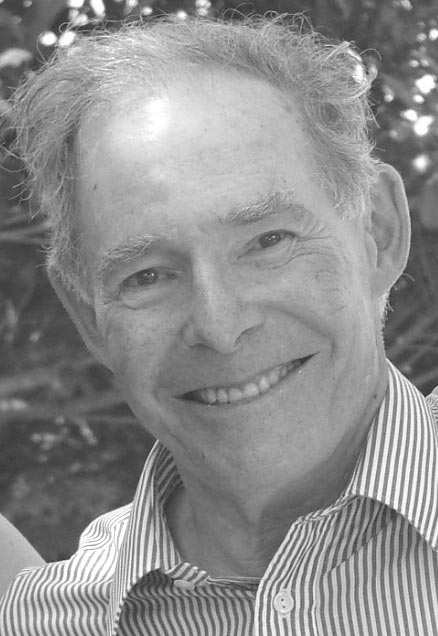 Recent psychology points to a fairness instinct in all humans, which goes along with other similar torturing, beating, bombing and gassing. Around 100 million people met violent deaths in the course of political conflict in the 20th century alone.
Recent psychology points to a fairness instinct in all humans, which goes along with other similar torturing, beating, bombing and gassing. Around 100 million people met violent deaths in the course of political conflict in the 20th century alone.
How does one reconcile these two apparently mutually exclusive human truths altruism and extreme brutality? And what does it imply for Jews specifically, faced as we so often are by hostility to the point of genocidal intent?
Strangely enough, it looks as if the very instincts we admire, the capacity for kindness and fairness, may be one reason why our species is prone to such extraordinary brutality. Put simply: along with altruism comes hatred and desire to harm those who are perceived to transgress the moral norms of the group.
The human mind generally does not make fine distinctions. Transgression of moral norms can readily be perceived in those who differ from the in-group in dress, appearance, belief or behaviour. Should conflict arise, this tendency is further enhanced. Accompanied by deliberate propaganda, in which the out-group is cast as evil or otherwise sub-human, such tendencies can turn into unimaginable brutality.
Jews know this. All acts of collective anti-semitic violence, especially the Shoah, were preceded by the demonisation and dehumanisation of Jews. What concerns us in the Middle East conflict is not simply the rockets and the suicide bombers, but the genocidal rhetoric and dehumanising imagery coming from significant groups within the Arab-Muslim community and beyond. What concerns us is that many of the young in these societies are being socialised into a subculture which prizes violent jihad, martyrdom and unremitting hatred.
The kind of propaganda being spread in the Middle East and beyond is a menace to Jews and to others perceived as morally suspect in the eyes of Islamist zealots and their allies.
But are we Jews guiltless? A recent article in the Jerusalem Post, points to extremely racist and even murderous comment by prominent rabbis. Some of this is even directed against other Jews. Such speech has consequences, as we know. Furthermore, similar racist attitudes can be found scattered within many non-religious sectors of Jewish and Israeli society. They are the soil in which insensitivity and brutality to others can flourish. Surely this is not news to most thoughtful people in the Jewish community?
Am I arguing here for a kind of moral equivalence? Certainly not but one does not need equivalence to see a potential problem.
So, does morality have a place in the politics of real life?
Many say that any concern with ethical issues in the face of the existential threat to Israels survival, is simply denial, stupidity or self-indulgence. It plays into the hands of ruthless enemies, who exploit our moral qualms in order to undermine the morale and cohesion of global Jewry.
Even worse, by agonising over ethics or the opinion of people who neither understand or care about the Israeli predicament, the conflict is being prolonged, with ultimately more deaths and destruction.
I end with a personal proposal of ethical realism, easy to state but very difficult to implement: Do what is necessary to survive and flourish, but no more.
Why no more? Because in the longterm it may also undermine our cohesion and morale and the support of those we respect. Because it forecloses on creative and peaceful political outcomes, as the Palestinians have found to their cost. Because it is part of the Jewish ethical culture, whether religious or secular.
And, finally, we need something to keep us from the abyss of unrestrained brutality.











